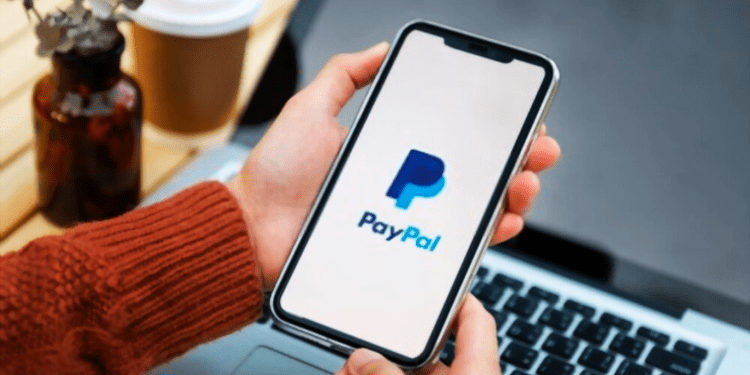In this era of social media, when everyone’s watching to point out even the slightest mistake, big companies and corporations have been cautious not to make any slip-ups.
Some fail, though.
In the case of PayPal’s new policy, users would be fined “$2,500 for misinformation.” The approach, which was quickly taken down, resulted in an uproar and severe backlash on social media platforms, especially Twitter.
PayPal
PayPal, Paypal Holdings, Inc. is an American finance company operating an online payments system. The company supports online money transfers and payment as an electronic alternative to the paper method of using checks for withdrawals and deposits.
The PayPal service is used by merchants, vendors, companies, and individuals needing various financial services. It is compatible with twenty-five global currencies and available in more than 200 countries and regions.
While PayPal’s international transfer charge is up to 5% if the individual uses PayPal credit, a linked bank account, or a credit or debit card, it is touted as one of the best options for online transactional activities.
“Was touted,” it seems, as complaints about the company’s biased actions come to light.
PayPal’s Acceptable Use Policy
According to the policy, users would be fined up to $2,500 for misinformation. And the fined funds would be withdrawn from their PayPal account.
While the policy agreement was quickly taken down, leaving users to wonder if it was included, some Twitter users promptly commented that they had seen the policy before it was retracted.
One Twitter user posted a screenshot where the error in question was stated, with the indicated date suggesting that the policy was intended to go into effect on Nov 3.
“Violation of this Acceptable Use Policy constitutes a violation of the PayPal User Agreement and may subject you to damages, including liquidated damages of $2,500.00 U.S. dollars per violation, which may be debited directly from your PayPal accounts) as outlined in the User Agreement,” the screenshot read.
As expected, netizens weren’t too happy with the news, with many voicing their complaints to the company through emails and others promptly closing their accounts without waiting for an explanation.
“BoycottPayPal” and “Delete PayPal” were trending topics on Twitter over the weekend, and mixed opinions accompanied Tweets from popular users who either supported the motion or opposed it.
Among the voices expressing their complaints, the former president of PayPal and LightSpark CEO was quick to express his displeasure.
“It’s hard to openly criticize a company I used to love and gave so much to. But PayPal’s new AUP goes against everything I believe in. A private company now gets to decide to take your money if you say something they disagree with,” he stated in a tweet.
PayPal says the notice was “sent in error.”
From PayPal’s end, a spokesperson told Axios on Sunday that “An AUP notice recently went out in error that included incorrect information.”
They explained that PayPal would not be fining users for misinformation, and the language wasn’t intended to be included in the use policy.
Among the prohibited activities in the new Acceptable Use Policy included “the ending, posting, or publication of messages, content, or materials that meet certain criteria.”
This Isn’t the First Time PayPal
The recent backlash on PayPal brought to light other issues the finance technology company has had with other groups, including the “Gays Against Groomers-” a movement opposing the sexualization of children.
The organization was banned from PayPal and Venmo.
We’ve never gotten a violation before. They said that we violated their user agreements, which, we’re not sure what in the deal we broke,” Jaimee Mitchell- the founder- stated. They expressed displeasure over the online payment company banning them, not other shoddy organizations.
A Twitter user commented on another issue between PayPal and Colin Wright- the editor of Reality’s Last Stand, where the company de-platformed Wright despite the absence of policy violations.
The user chalked it up to “private-sector social credit,” explaining that the decision was purely “political.”
PayPal Stocks Decline
It seems that the multinational finance company has been at the center of a significant decline in stock prices since the beginning of the year.
PayPal’s stock price has fallen by 52.2% since January, and its market value decreased by nearly $114 billion to $104.3 billion in the same period.














